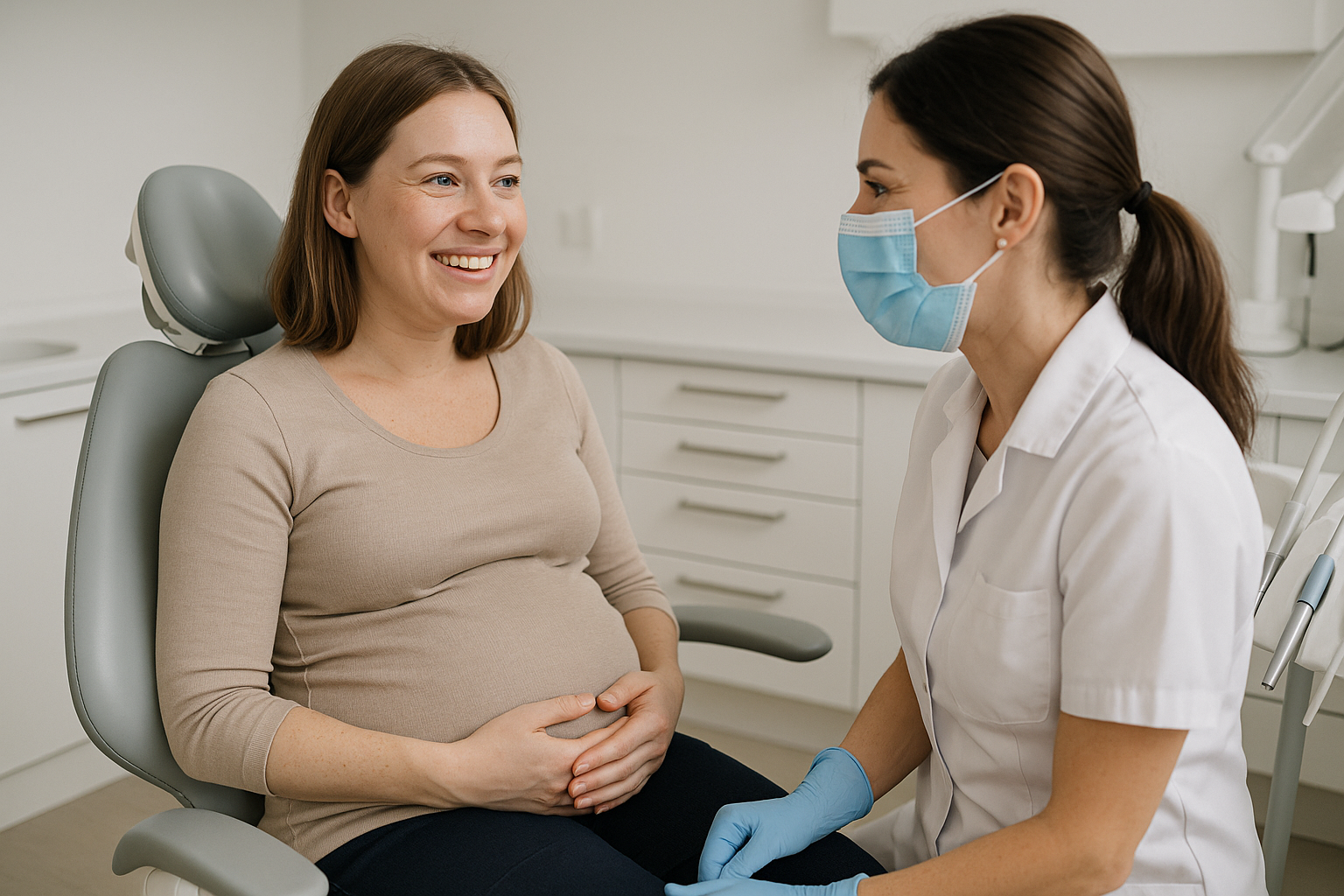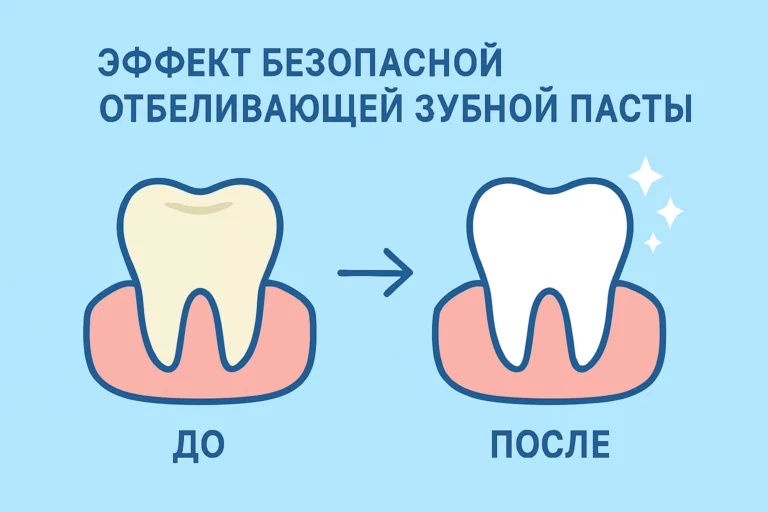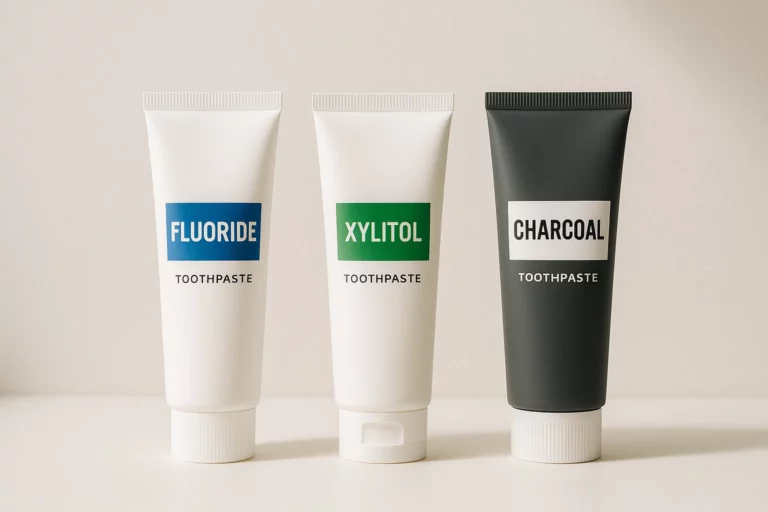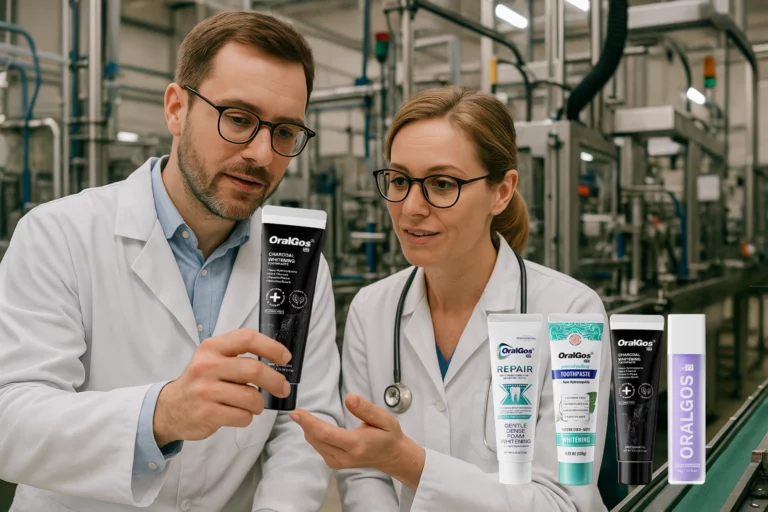Pregnancy is a beautiful journey—but it’s also a time when the body changes in ways many people don’t expect. One area that often gets overlooked? Oral health. From gum swelling to cavities, pregnant women face real dental challenges.
For oral-care brands and dental professionals, understanding these changes is key to providing better care and smarter product solutions. Here’s a simple guide that covers what every expecting mother—and every oral-care expert—should know.
Part 1: Four Things Every Mom-to-Be Needs to Know
1. Your Gums Might Hurt or Bleed More
During pregnancy, hormonal changes can make gums extra sensitive. Many women notice bleeding when brushing or sore, swollen gums—this is called pregnancy gingivitis, and it’s very common.
Tip for brands: Offer soft-bristled toothbrushes and mild toothpastes specially made for sensitive gums.

2. Pregnancy Can Affect Your Teeth
You’re not imagining it—your teeth might actually feel different. Some women feel more sensitivity, and enamel can wear down faster, especially if you have morning sickness or eat more snacks than usual.
3. Taking Care of Your Gums Matters
Gum issues can lead to bigger problems like infections or even pregnancy complications. Brushing twice a day, flossing, and using gentle mouthwash really help.
4. Cavities Are More Likely
Cravings, vomiting, and dry mouth create the perfect storm for cavities. Bacteria feed on sugar, and acid can weaken your enamel—so regular cleaning and choosing the right oral-care products make a difference.
Part 2: How to Handle Cavities While Pregnant
1. Watch Out for Cravings
Sweet or acidic cravings (hello, pickles and ice cream!) may increase cavity risk. Brands can guide moms-to-be toward tooth-friendly snacks like cheese or plain yogurt, which protect teeth instead of harming them.
2. Don’t Brush Right After Throwing Up
It sounds odd, but brushing right after vomiting can damage your teeth. Stomach acid softens enamel, so it’s better to rinse with baking soda water, then wait 30 minutes before brushing.
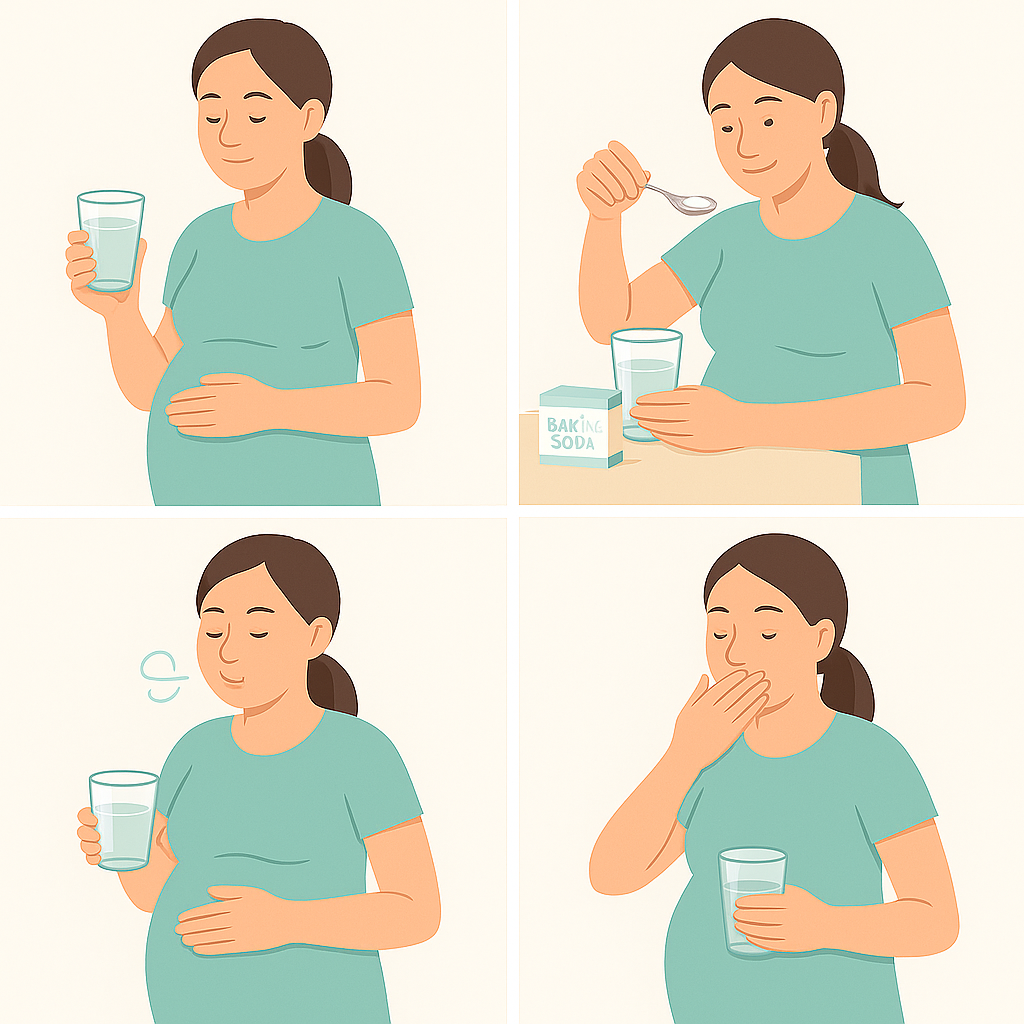
3. Morning Sickness Hurts More Than Your Stomach
Nausea can make brushing feel unbearable. Using toothpaste that’s mild in flavor—something without strong mint or foam—can make the experience less overwhelming.
Brands: Consider offering “morning-sickness-friendly” oral-care products with gentle taste and low-foam formulas.
Part 3: Visiting the Dentist While Pregnant
1. Tell Your Dentist You’re Pregnant
Always let your dentist know. It helps them choose safe treatments and avoid unnecessary procedures. Some care, like X-rays or deep cleanings, may need to be timed based on your trimester.
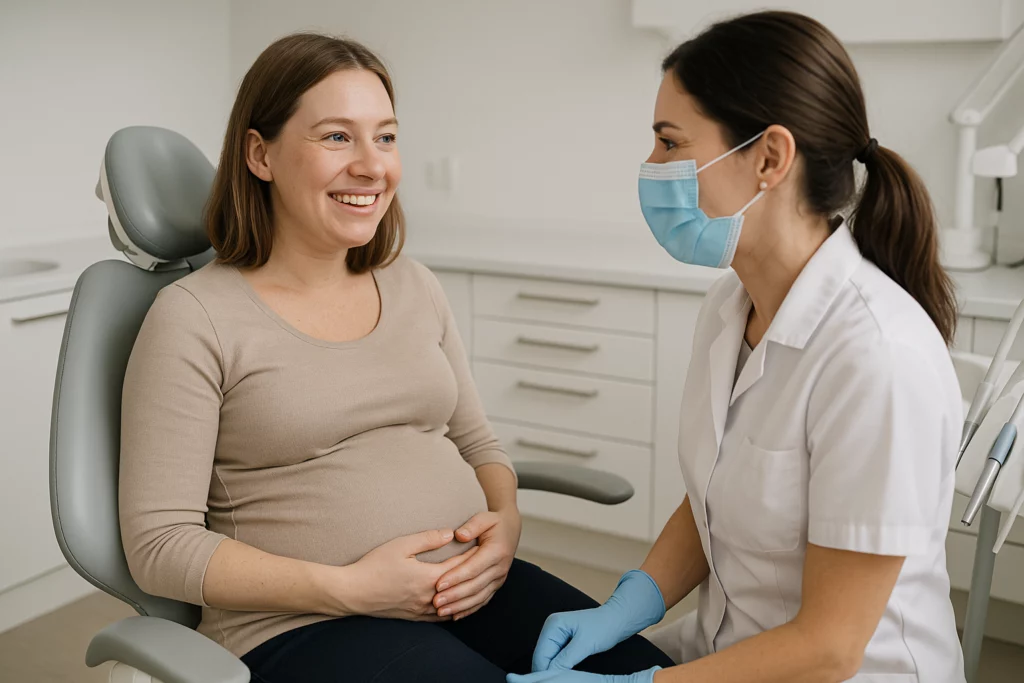
2. Are Fillings Safe During Pregnancy?
Yes, most fillings are safe—especially tooth-colored options like composite resin. Silver fillings (with mercury) are usually avoided. For anything major, it’s best to schedule during the second trimester and always check with your OB-GYN too.
Part 4: The Best Daily Routine for Healthy Teeth During Pregnancy
1. Brush Gently but Thoroughly
Use a soft-bristled toothbrush and small circular motions to clean your teeth without hurting swollen gums. Brush for 2 minutes, twice a day.
2. The Right Toothbrush Helps
Smart electric toothbrushes with pressure sensors and extra-soft bristles can make brushing easier and more effective—especially for those with gum sensitivity.
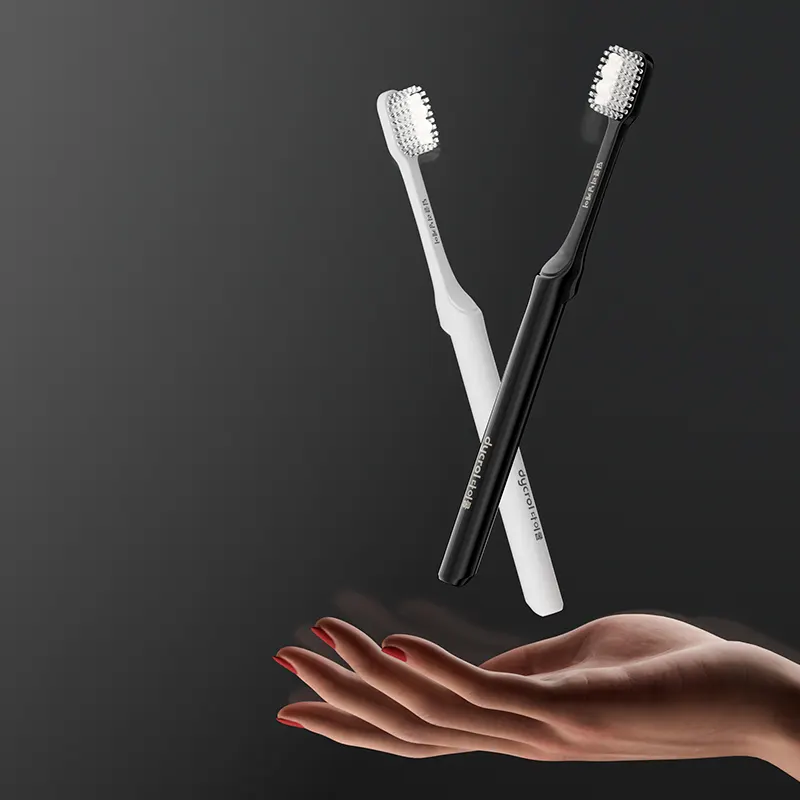
3. Choose the Best Pregnancy Toothpaste
What makes a toothpaste pregnancy-safe?
No harsh whitening agents like peroxide
No SLS (the foaming agent that can irritate gums)
Mild flavor (some moms can’t stand strong mint!)
Gentle but effective ingredients like fluoride or hydroxyapatite
Oral-care brands: A full pregnancy oral-care kit—with a soft brush, gentle toothpaste, and soothing mouthwash—can meet a real need in the market.
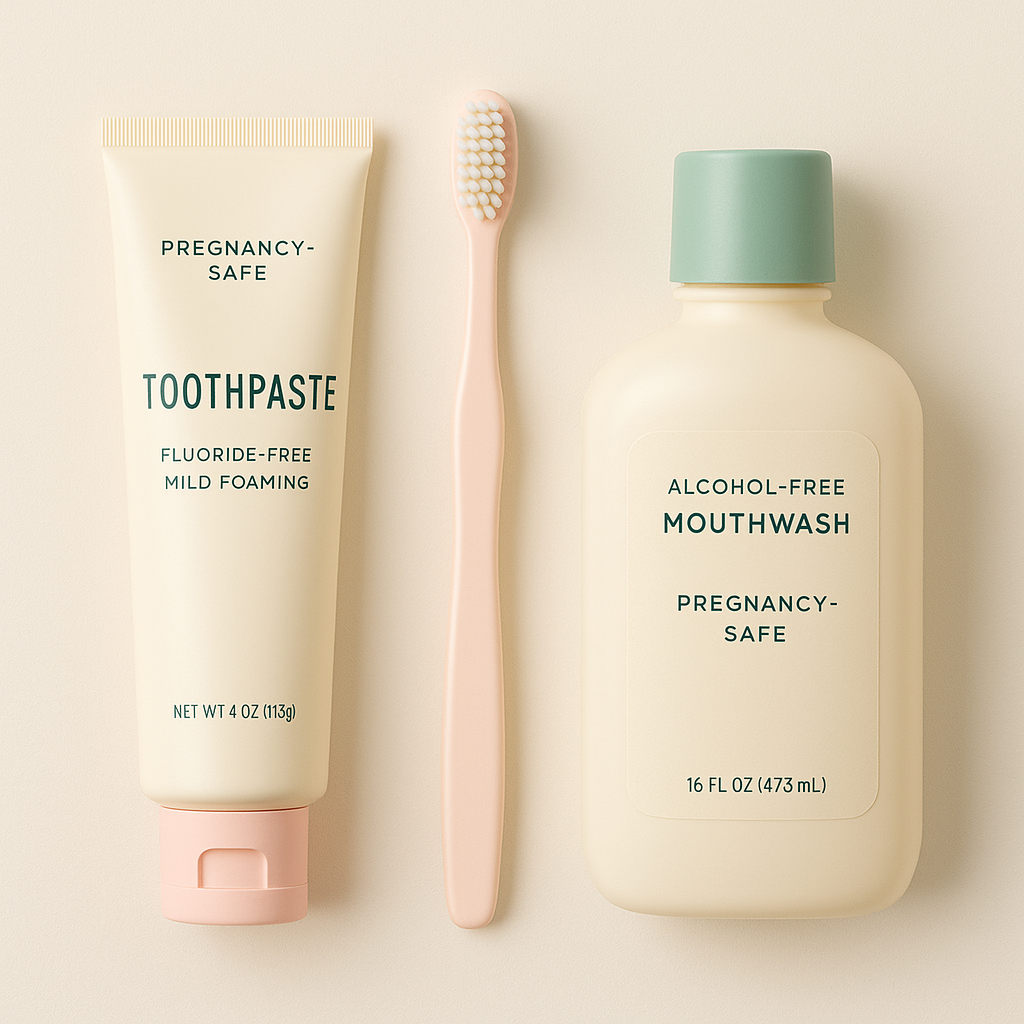
Final Thoughts: Pregnancy Is the Time to Show You Care
Pregnancy and oral health go hand-in-hand. For oral-care professionals and brands, this is a unique chance to support women through a major life change. The right advice, the right products, and the right tone of care can build trust and long-term loyalty.
It’s not just about clean teeth—it’s about comfort, safety, and confidence. Whether you’re designing the next best prenatal toothpaste or offering dental tips at your clinic, your role in supporting maternal health truly matters.

